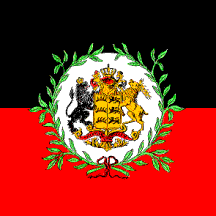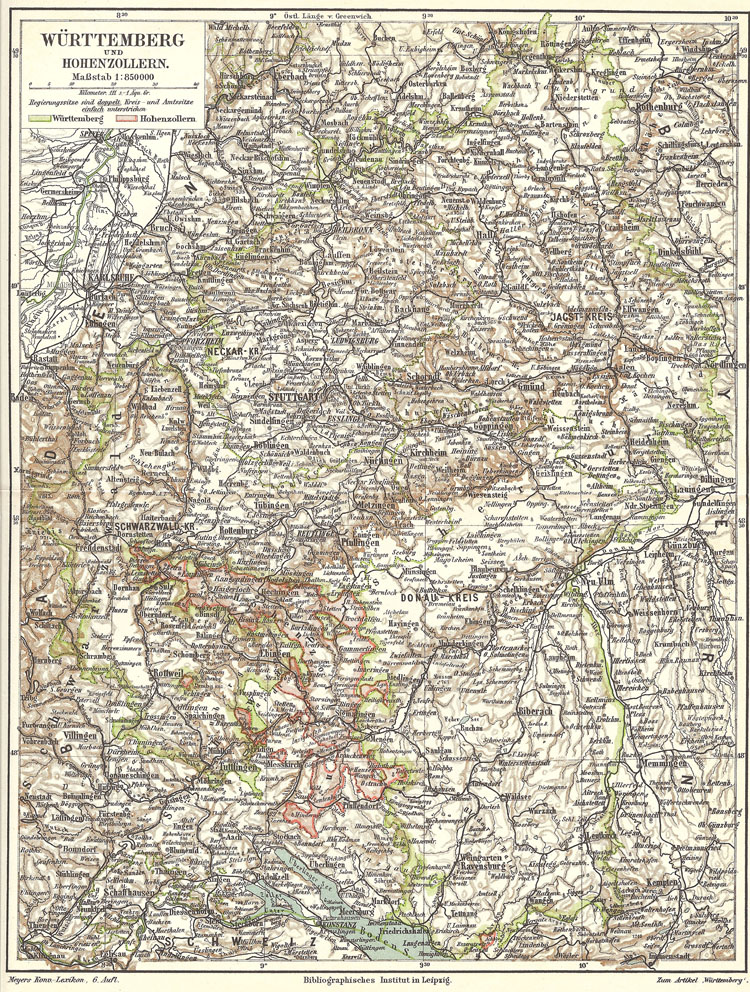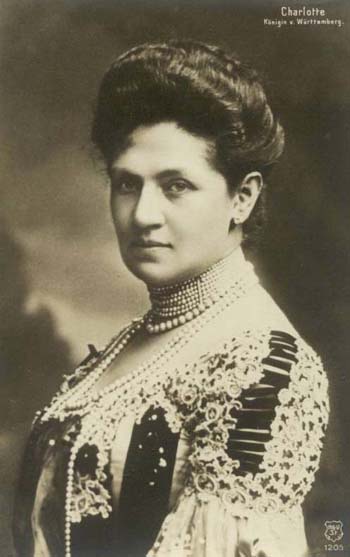Würrtemberg




(1813-1871)
The Kingdom of Württemberg, a German state since 1083, was a member state of the German Confederation from 1815 to 1866. Württemberg basically doubled in size in 1815. She fought on the side of Austria in 1866 but three weeks after the battle of Königgrätz, her troops were decisively beaten at Tauberbischofsheim. Württemberg paid an indemnity of 8,000,000 Gulden, and at once concluded a secret offensive and defensive treaty with Prussia. The Württemberg military became a contingent of the Prussian army in November 1870. In this convention, the Kingdom of Württemberg was treated similarly to the Kingdom of Saxony from their 1867 agreement. Similar to Saxony, Württemberg infantry Regiment 126 was assigned to XV Army Corps in Alsace-Lorraine. This was unlike the other Württemberg troops, which became Army Corps XIII of the Prussian army with its own War Ministry but under the leadership of a Prussian commanding general. When Württemberg became a member of the German empire in 1871, she retained control of her own post office, telegraphs and railways. In 1904, the railway system was united with that of the rest of Imperial Germany. Württemberg had a hereditary constitutional monarchy with four votes in the Bundesrat and seventeen deputies in the Reichstag. The parliament consisted of two chambers known as the Kammer. The upper chamber was appointed and contained various noble, religious, and educated subjects. The lower house had 92 members, with 69 being elected by universal, direct, and secret ballot by all male citizens over 25 years of age. The other 23 members were elected based on proportional representation.
King Charles died and his cousin William II succeeded him. King William had no sons nor had his protestant relatives; consequently, the succession would ultimately pass to a Roman Catholic branch of the family. This prospect raised certain difficulties about the relationship between church and state. The heir to the throne became the Roman Catholic Duke Albert.
Consuls were maintained for trade with Baden, Bavaria, Saxony, Belgium, Greece, Italy, the Netherlands, Persia, Portugal, Spain, Great Britain, Austria-Hungary, Prussia, Russia, Hessen, Bremen, Hamburg, Bolivia, Brazil, Ecuador, France, Haiti, Mexico, Peru, Sweden, Norway, Switzerland, Serbia, Venezuela, Turkey, and the USA.
The capital was Stuttgart, the 12th largest city in the empire. In 1914, the population was 2.5 million. Even though a “southern” state, Protestants outnumbered Catholics 2:1. 8.5 percent of the births were illegitimate.
The 8th Württemberg Infantry Regiment no. 126 (Straßburg) was under the tactical command of XV Army Corps, but still remained being an integral part of the XIII Army Corps. The “Rangliste 1914” marked the regiment as “abkommandiert zum XV AK.” With mobilization this regiment also served with the XV Army Corps.
